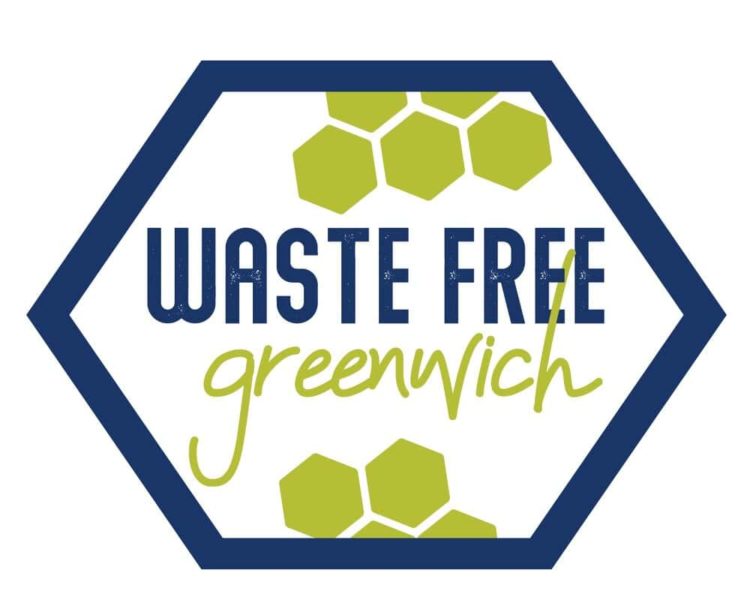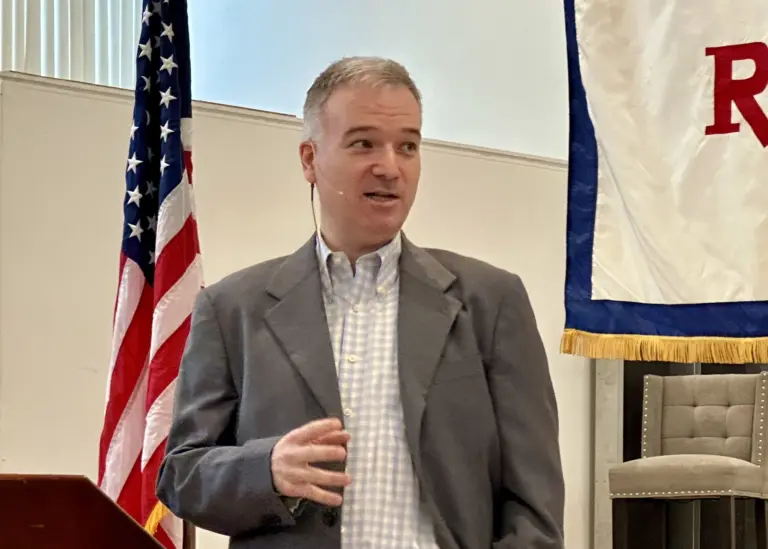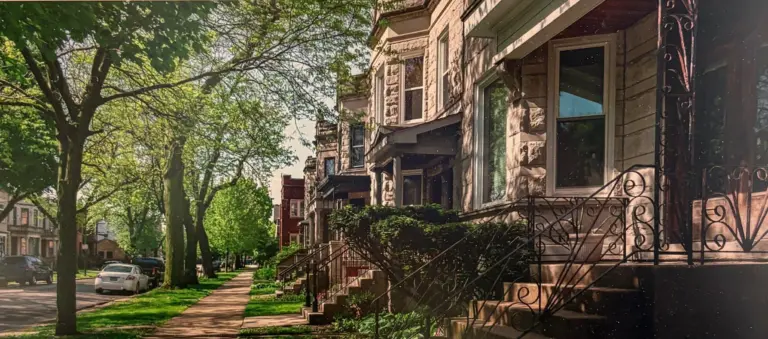
The Town of Greenwich has delayed the launch of the food scrap recycling pilot, which was previously scheduled for April. The program is organized by the Greenwich Recycling Advisory Board and Waste Free Greenwich, in partnership with the Department of Public Works, Conservation Commission and Greenwich Green & Clean. First Selectman Fred Camillo remains committed to the program, announcing, “We will get this going as soon as we can. The official opening is just going to be delayed a little.” In the meantime, residents should refrain from bringing collected food scraps to Holly Hill Resource Recovery Facility. Alternatively, scraps can be frozen until the pilot starts or used for backyard composting, an easy and effective strategy to divert waste.
The drop-off food scrap recycling pilot will be voluntary and free to all Greenwich residents. Food scraps will be collected at home and brought to a designated location at Holly Hill. The material will be hauled to a commercial composting facility to be turned into nutrient-rich compost. All food, including meat and dairy products, as well as tea bags, cut flowers, paper towels and napkins, will be accepted.
Starter kits, containing collection bins and compostable bags, continue to be offered for sale to prepare the community for the pilot launch. To arrange delivery and payment of kits, residents should contact wastefreegreenwich@gmail.com or call Greenwich Green & Clean at 203-531-0006. For further information about the program and kit sales, visit wastefreegreenwich.org
Food scraps are one of the largest components of trash sent to incinerators and landfills. In Connecticut, food scraps account for over 22% of municipal solid waste. As noted by Sally Davies, Chair of GRAB, “Removing food scraps from the waste stream and composting them produces a beneficial product. Why should we be paying to throw that resource away?” When food scraps are trashed, all the resources to bring food from farm to fork are lost. However, recycling food scraps into compost captures nutrients and energy and returns them to the environment. The act of composting can also help change habits. As residents begin to separate their food waste from the rest of their garbage, they become more aware of how much food they toss, prompting them to buy less.
Both the food scrap recycling program and backyard composting will lead to less trash collected and potentially lower waste management expenses. “Composting – through the much anticipated municipal drop-off pilot or backyard practices – complements broader sustainability goals for our town and will help achieve significant waste reduction in our community,” stated Julie DesChamps, founder of Waste Free Greenwich.



